Jeff Bezos' $100 million, Google's $100 billion, and Microsoft's new play: AI news roundup
Plus, an OpenAI rivals says it's worth $5 billion,
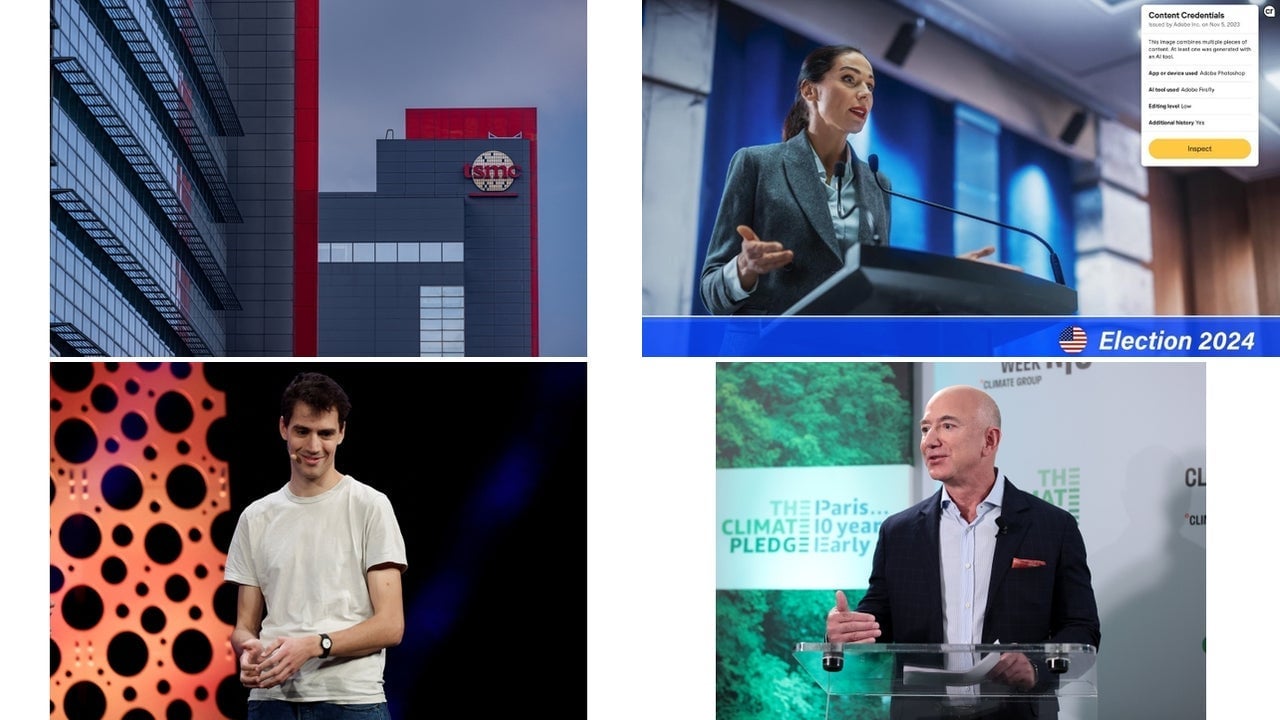
2 / 15
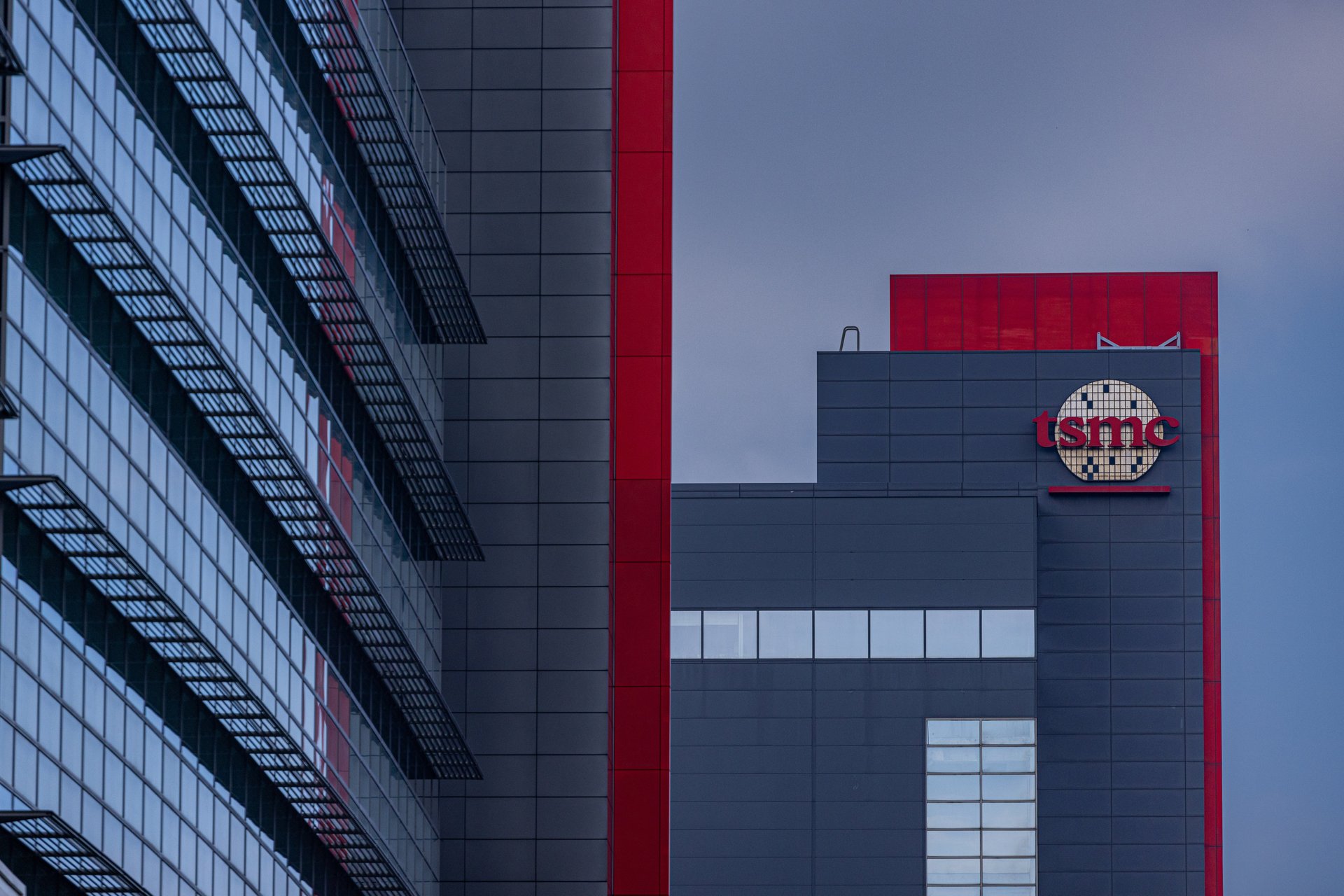
The world’s most important semiconductor foundry predicted its second-quarter sales may rise by up to 30% — higher than previously projected — amid an AI boom driven by its customers including Nvidia and Apple.
3 / 15
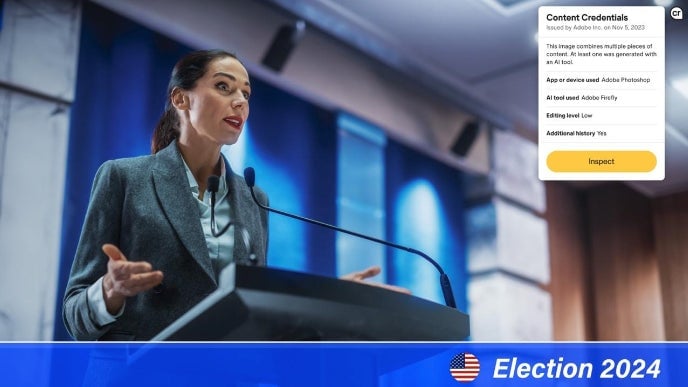
Americans are worried about how AI deepfakes could spark a misinformation wildfire ahead of the U.S. presidential election this fall — and some are even curtailing their social media use because of that concern.
4 / 15
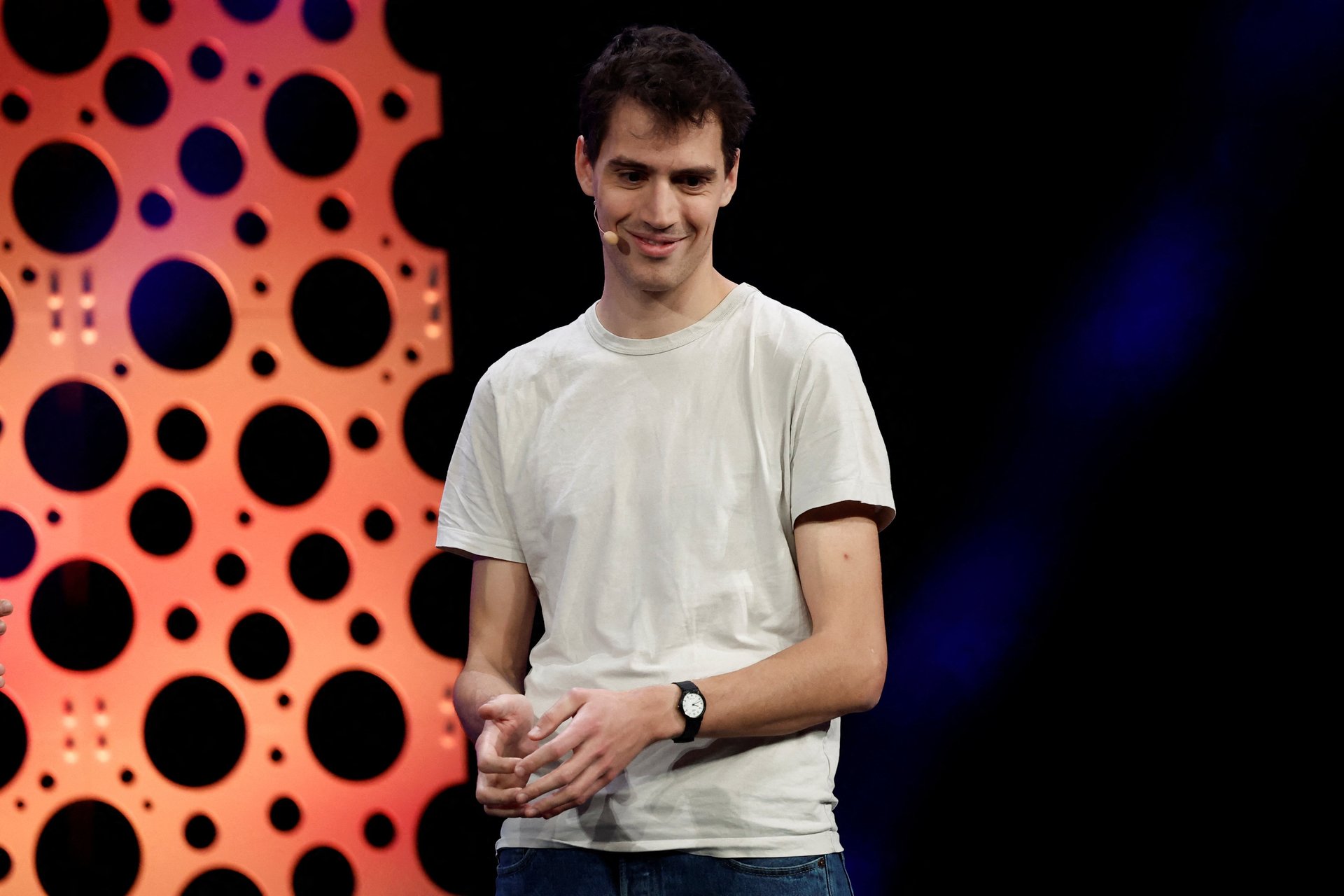
French open source AI startup Mistral AI is speaking to investors about raising hundreds of millions of dollars in its next funding round and seeking a $5 billion valuation.
5 / 15
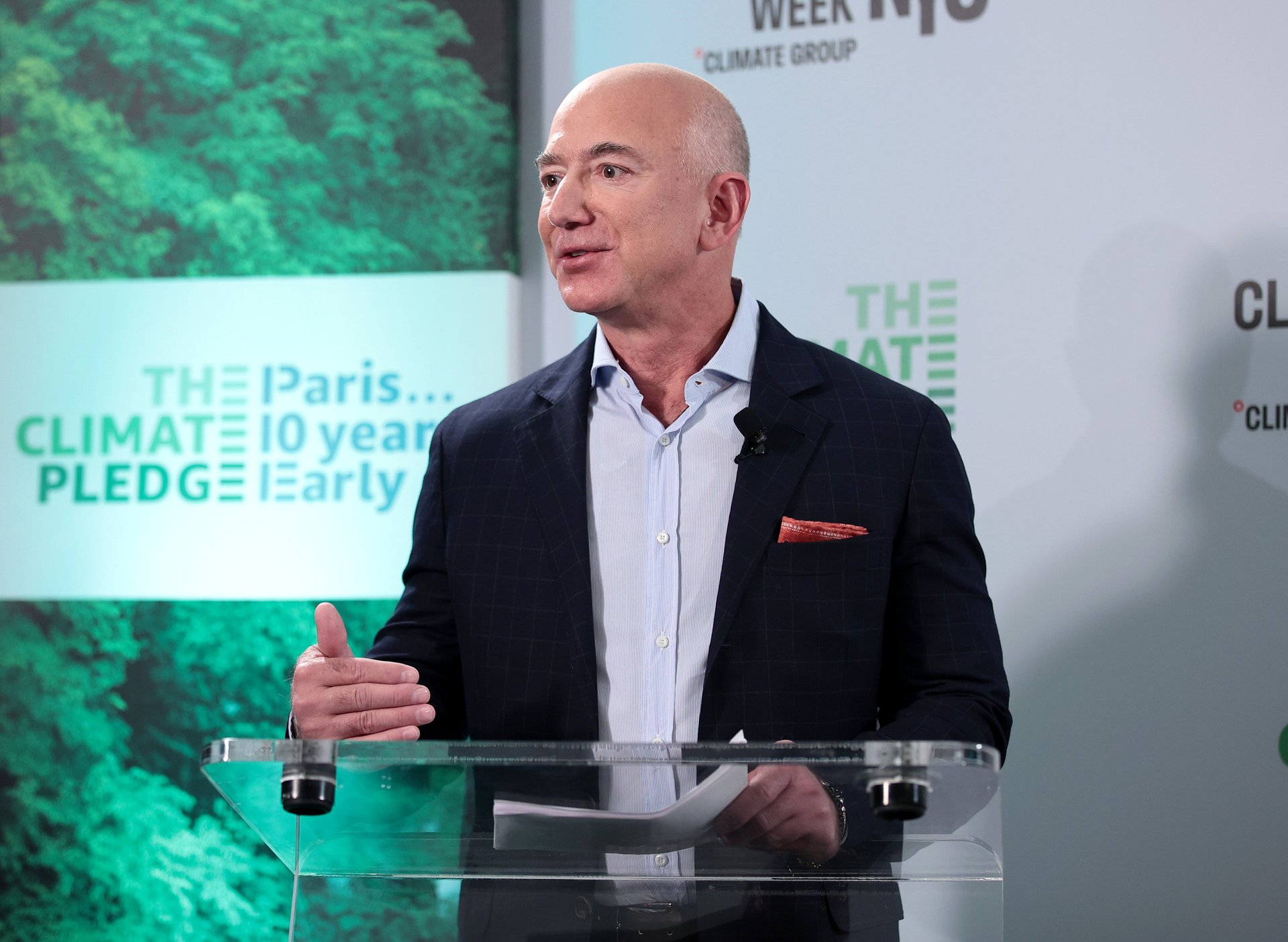
One of the world’s richest people, Amazon founder Jeff Bezos, is awarding $100 million in grants for AI solutions to tackle climate change and nature loss.
6 / 15
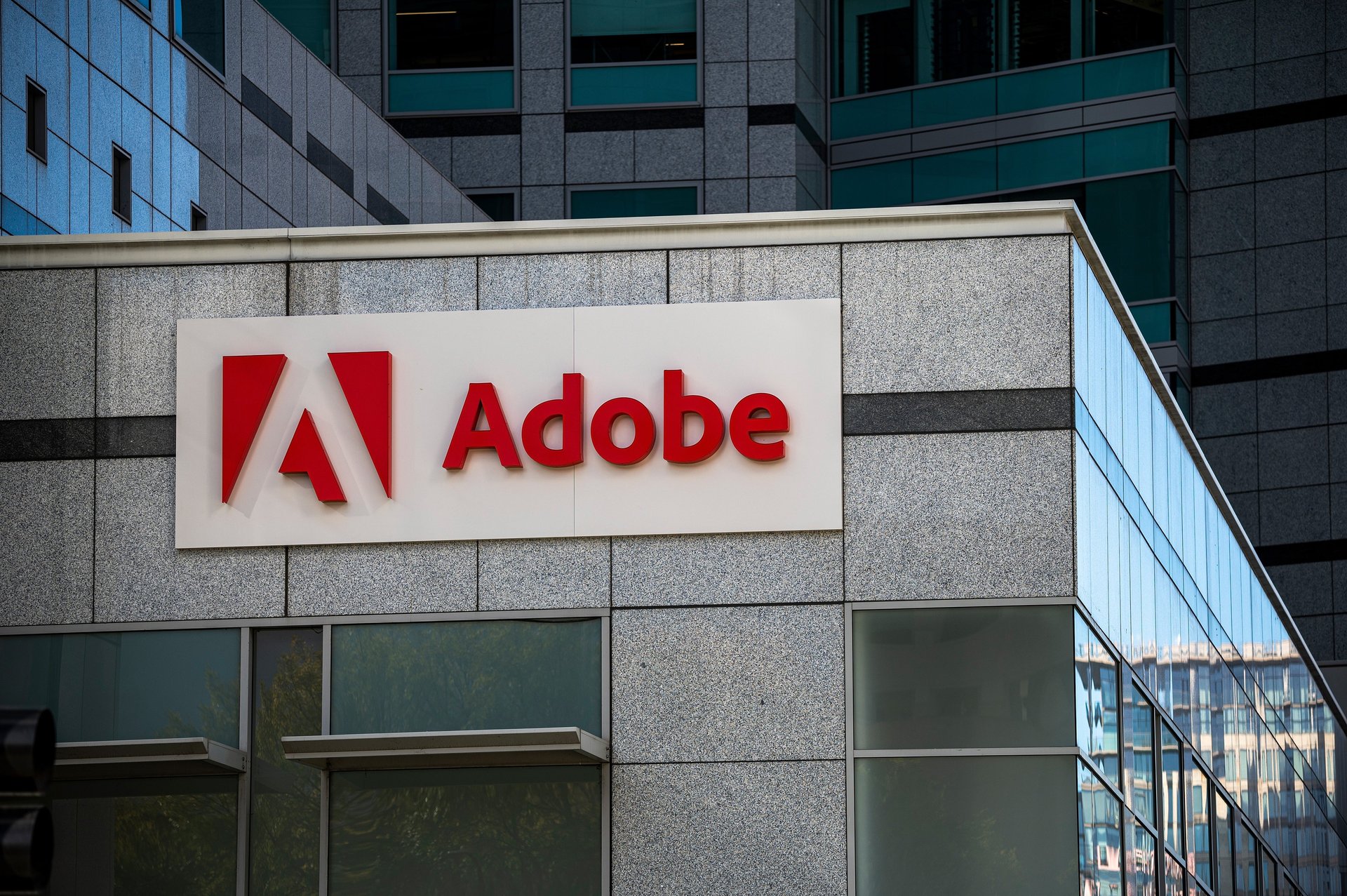
Adobe said this week that it’s in talks with OpenAI and other AI companies, such as Runway and Pika Labs, to make AI video generation tools for users of Adobe Premiere Pro.
7 / 15
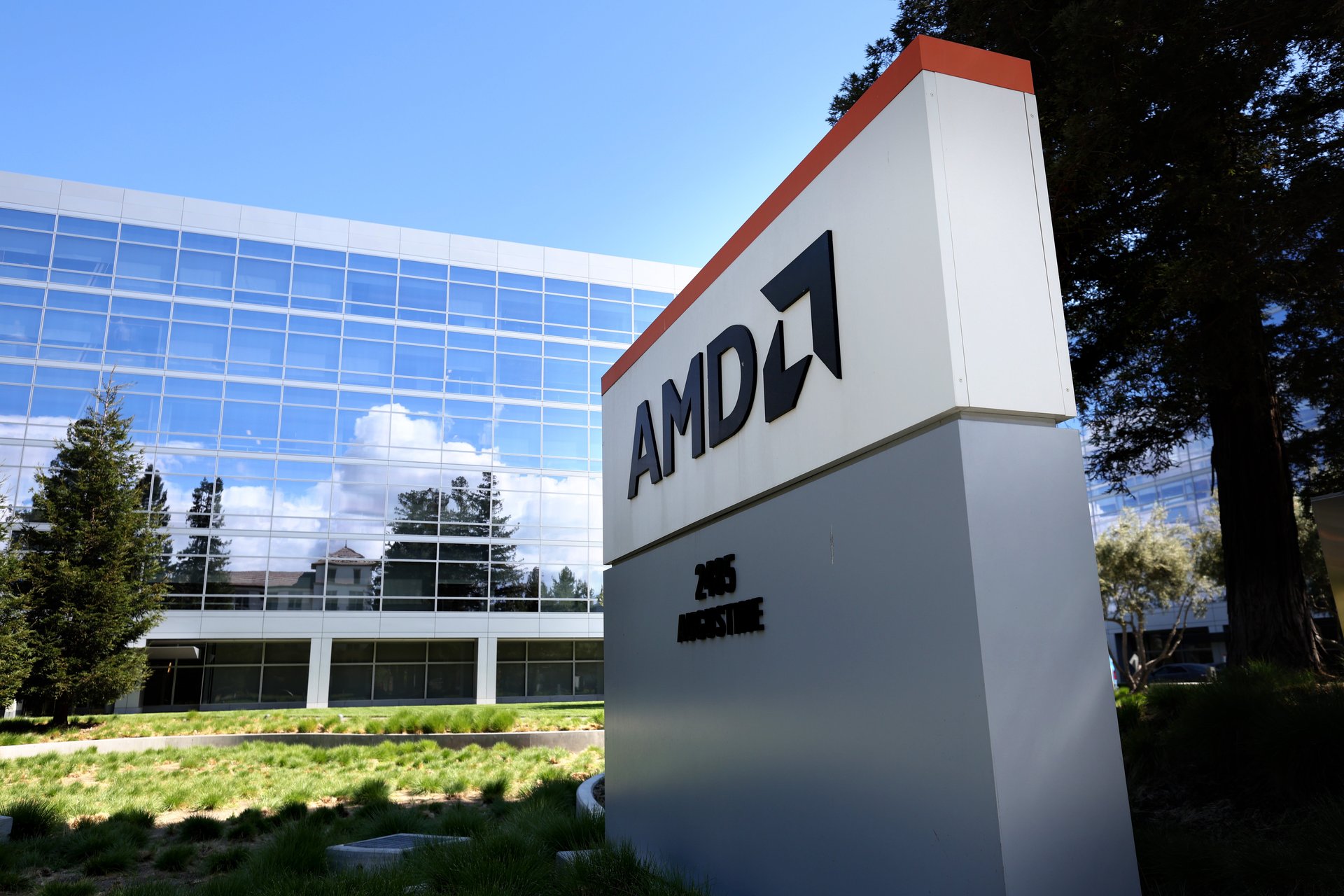
The AI race isn’t all about tech giants trying to create bigger and better chatbots. It includes the chipmakers powering the latest AI-enabled devices and models, too.
8 / 15
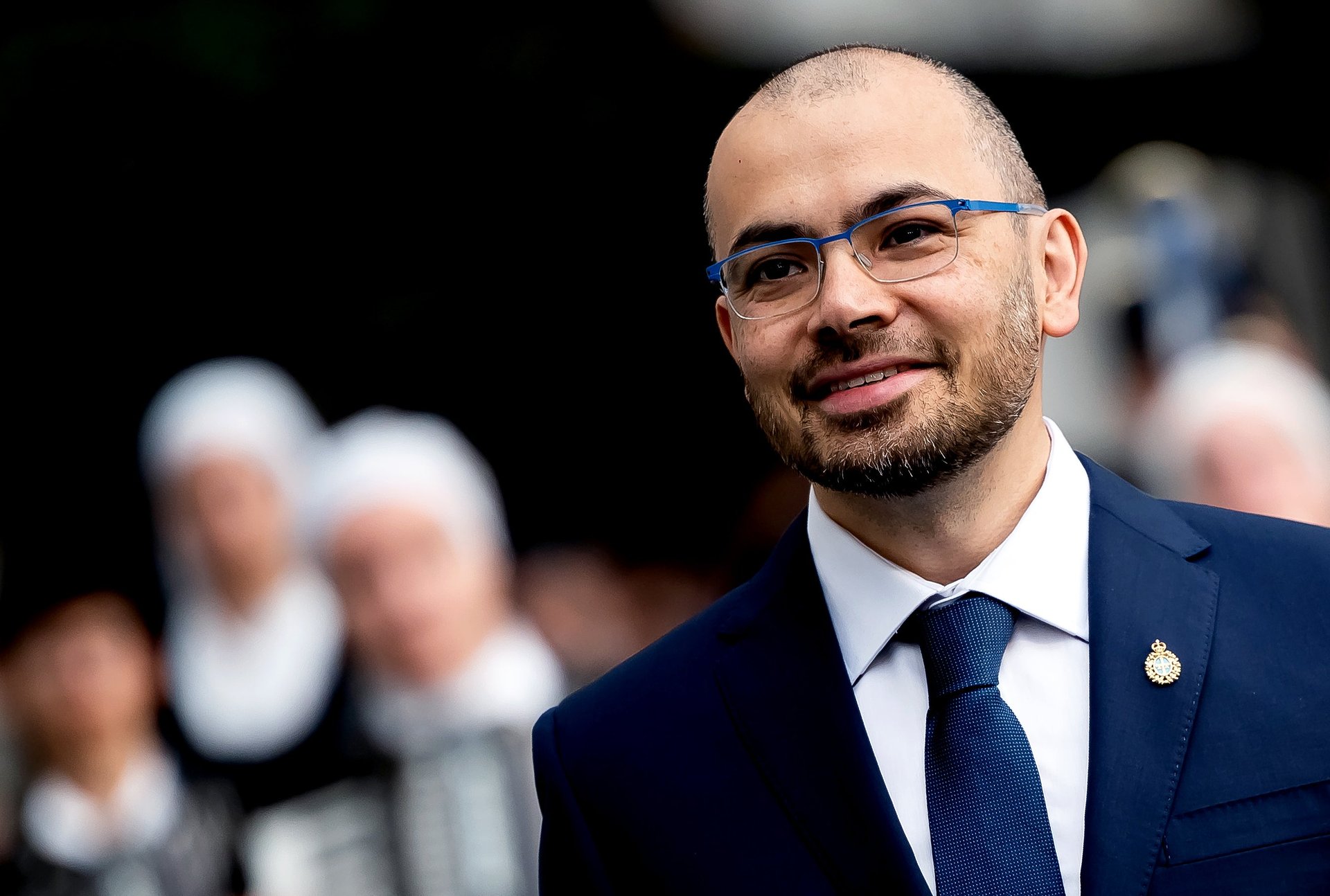
After comparing the billions of dollars going into AI development to crypto hype, Google’s AI chief executive said the company will spend over $100 billion over time to develop AI technology.
9 / 15
An Arm executive says generative AI’s overwhelming demand for electricity could hinder its rapid growth.
10 / 15
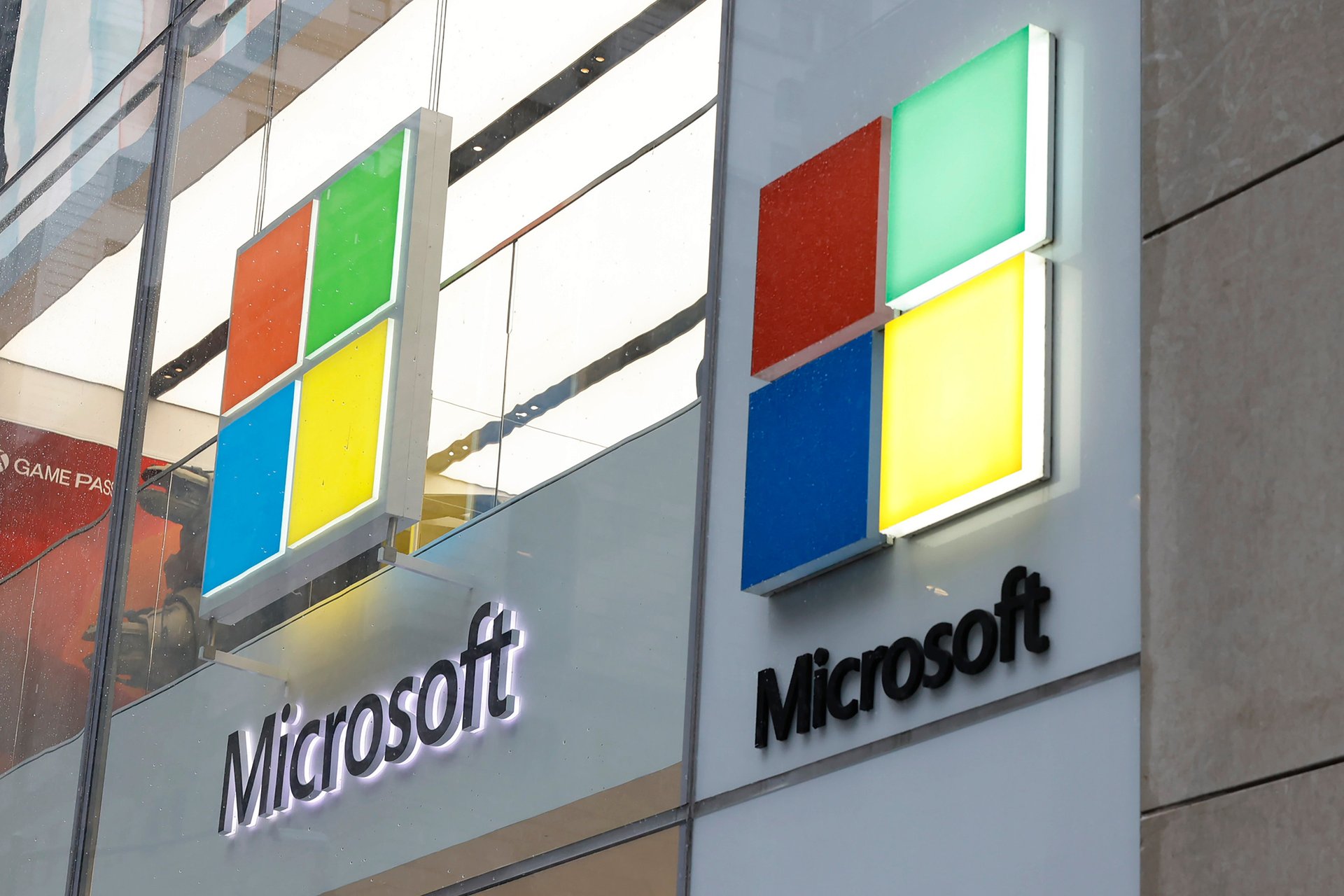
Microsoft is making a $1.5 billion investment into United Arab Emirates-based AI company, Group 42 Holding (G42), that will bring its AI technology to the UAE and other countries.
11 / 15
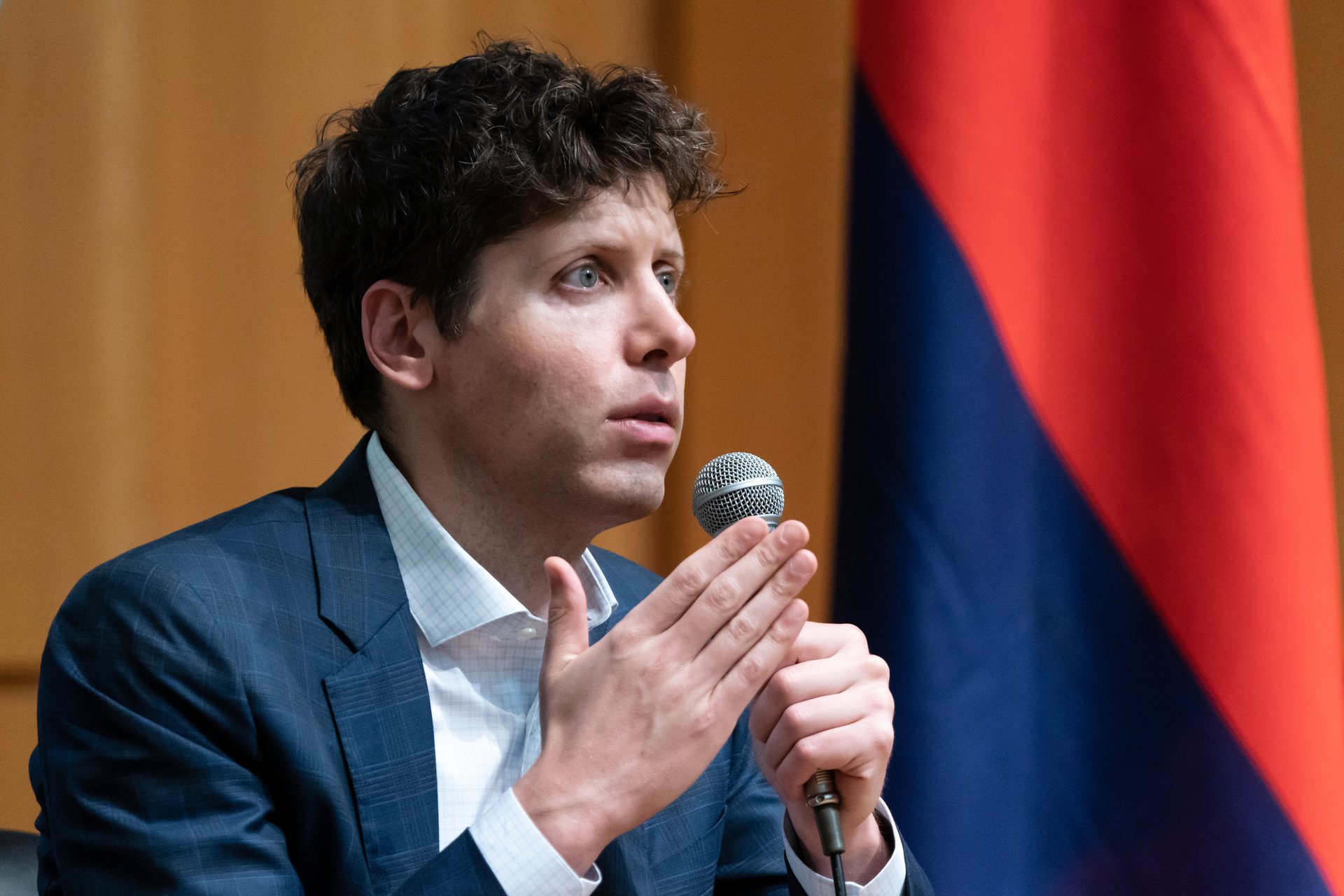
OpenAI marked its expansion into Asia by opening its first office on the continent in Tokyo, Japan.
12 / 15
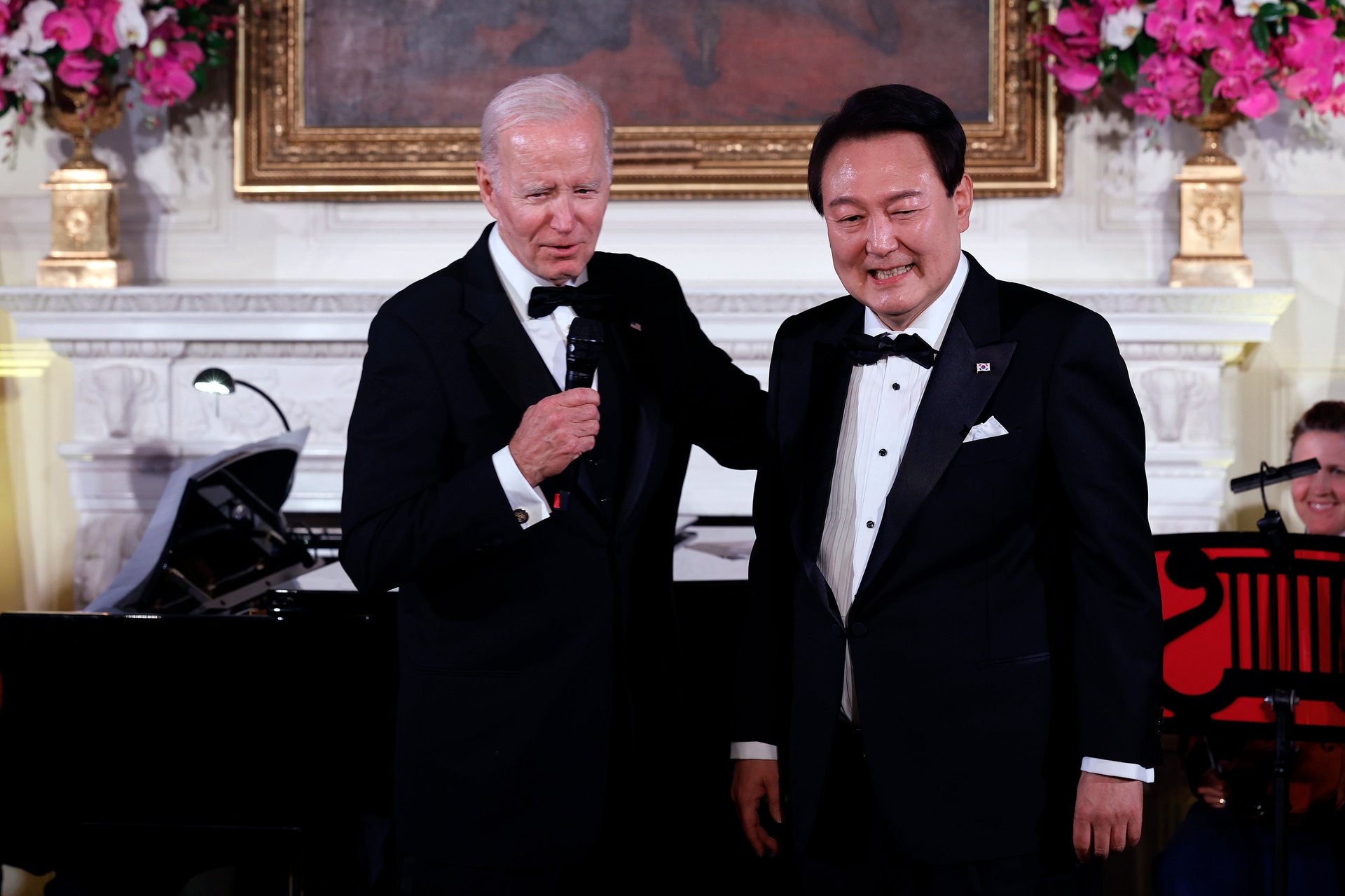
South Korean electronics giant Samsung is the latest chipmaker to receive billions from the U.S. CHIPS and Science Act, the Biden administration said Monday.
13 / 15

David Godes remembers his first year as a Harvard Business School professor, when young graduate students started dropping out like flies. It was 2000, the dawn of the modern internet, and would-be Harvard MBA grads thought they’d be better off starting and joining nascent dot-com companies.
14 / 15
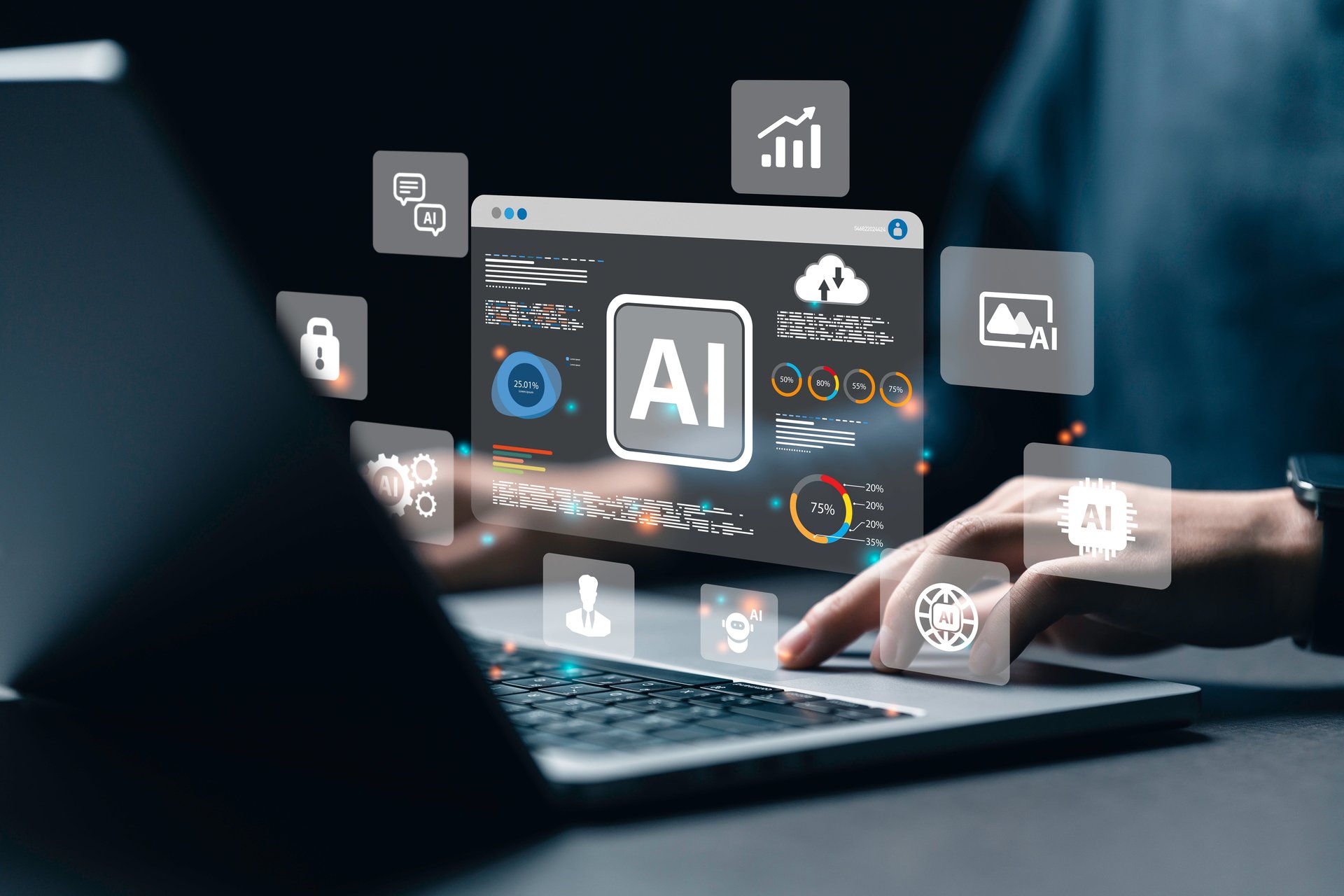
Less than half of U.S. companies are taking steps to train their employees to use generative artificial intelligence, which has been hailed the most disruptive technology since the advent of the internet, according to a new report.
15 / 15
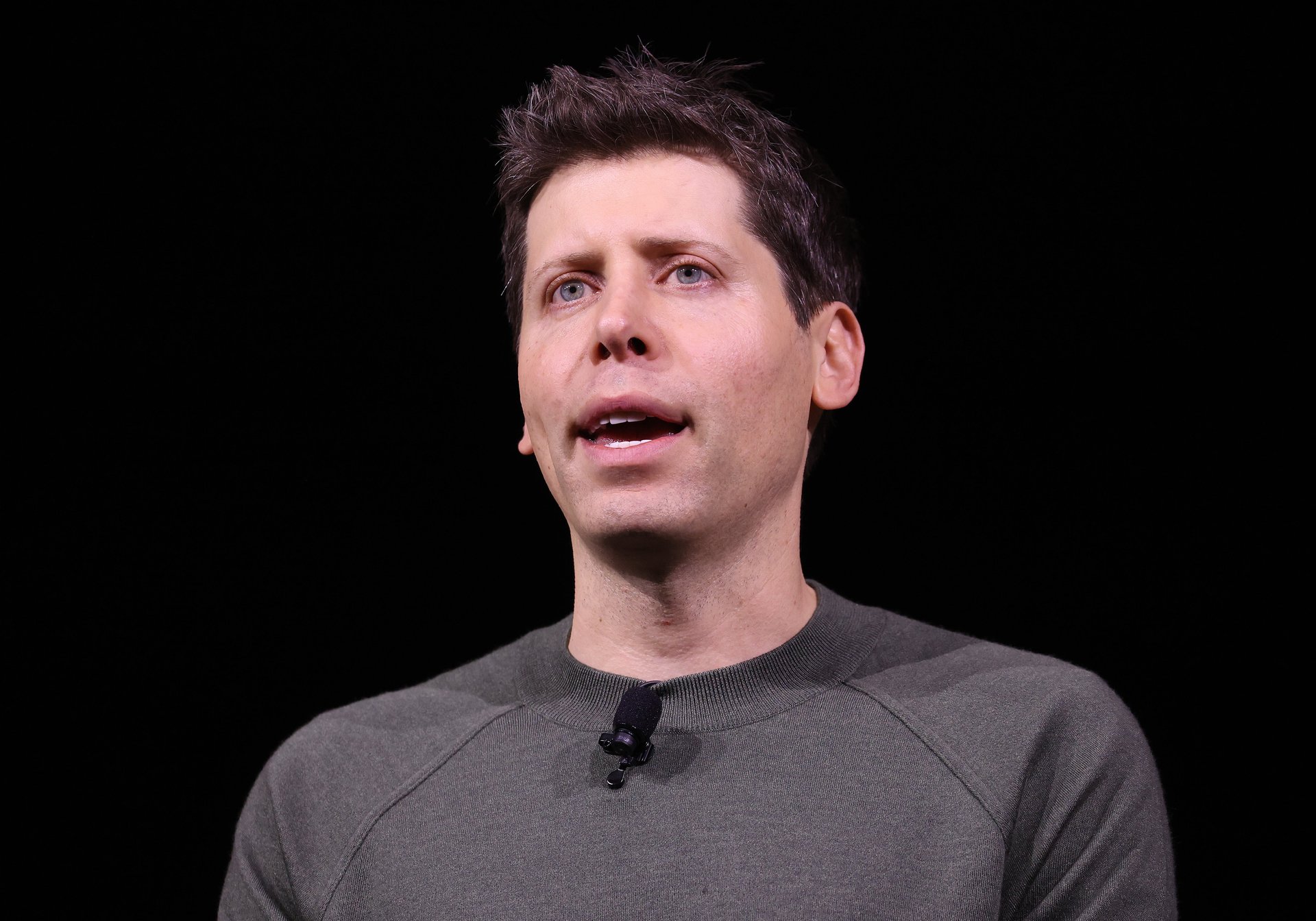
Whether it’s about new chatbots and chips, or the billions going into its development, sentiment around the future of generative artificial intelligence seems optimistic. But the AI boom is not without occasional warnings it could all spiral out of control.